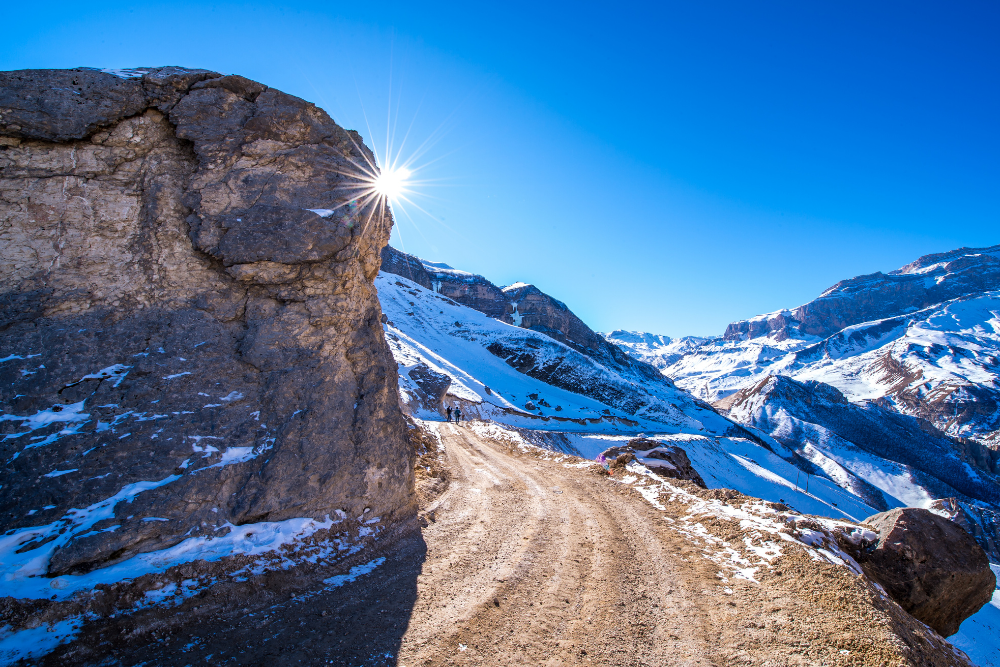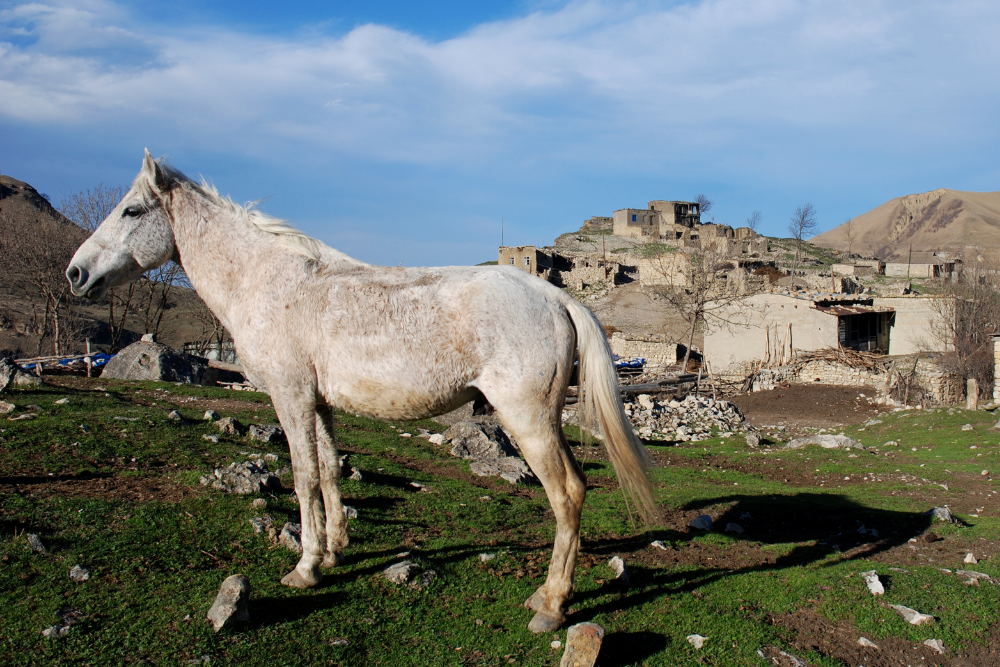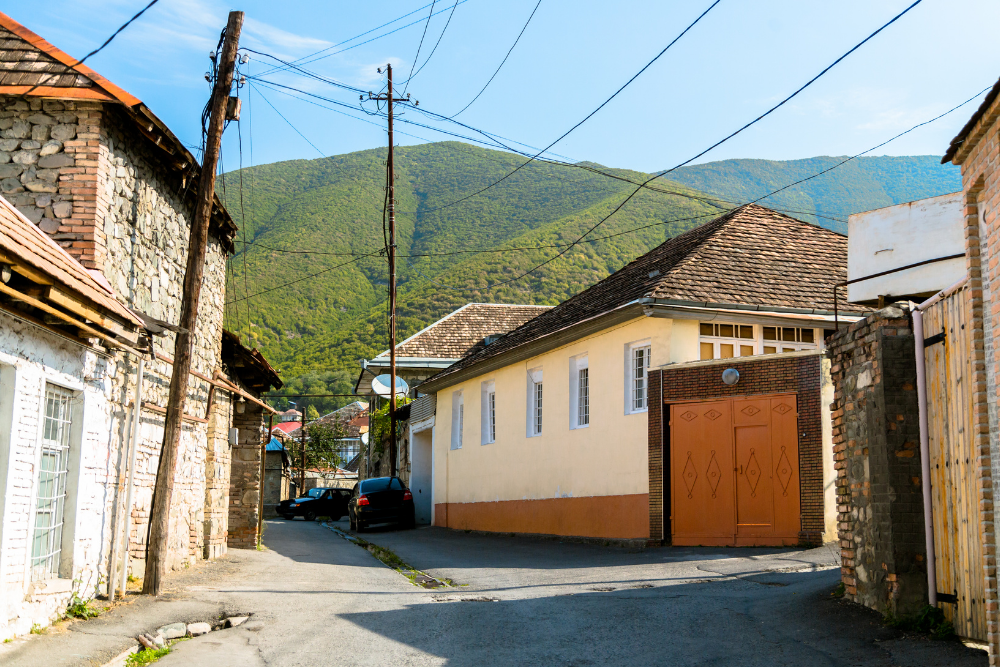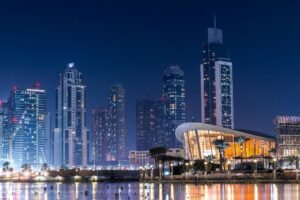Azerbaijan, known for its diverse landscapes and rich cultural heritage, is home to a remarkable yet lesser-known phenomenon—floating villages on the Caspian Sea. These unique settlements, built on artificial platforms or stilts, serve as homes and workplaces for fishermen, oil workers, and maritime communities. While floating settlements exist in other parts of the world, Azerbaijan’s Caspian Sea villages stand out due to their historical significance, economic role, and cultural traditions.
The Origins of Floating Villages in Azerbaijan
The concept of floating or offshore settlements in Azerbaijan dates back to the Soviet era when extensive oil exploration and extraction transformed the Caspian Sea into a hub of maritime industry. The most famous floating settlement, Neft Daşları (Oil Rocks), was established in 1949 and became the world’s first offshore oil town. Built on interconnected platforms, it once housed thousands of oil workers and included amenities such as shops, schools, and recreational facilities.
Beyond industrial settlements like Neft Daşları, smaller floating communities have also developed, primarily supporting fishing and maritime trade. These villages offer a rare glimpse into a way of life that is deeply connected to the sea.
Life in Azerbaijan’s Floating Villages
Living on a floating settlement presents both challenges and unique opportunities. Residents of these villages must adapt to a constantly shifting environment, relying on boats for transportation and daily supplies. Despite these challenges, the sense of community remains strong, with traditions passed down through generations of seafarers and fishermen.
Key aspects of daily life in Azerbaijan’s floating villages include:
- Fishing and Seafood Trade: Many floating settlements sustain themselves through fishing, providing fresh seafood to mainland markets.
- Oil Industry Presence: Some villages are tied to offshore oil platforms, with workers living in maritime accommodations for extended periods.
- Self-Sufficiency: Limited access to fresh water and food supplies requires residents to develop innovative methods for storage and resource management.
- Cultural Resilience: Local traditions, such as storytelling, music, and communal gatherings, remain central to life on the water.
Challenges Facing Floating Communities
Despite their resilience, Azerbaijan’s floating villages face significant challenges that threaten their long-term viability. Climate change, rising sea levels, and economic shifts have made sustaining these settlements increasingly difficult. Furthermore, advancements in offshore technology have reduced the need for permanently stationed oil workers, leading to depopulation in some areas.
Environmental concerns also play a role. Pollution from oil extraction and overfishing pose threats to marine ecosystems, impacting the livelihoods of those who depend on the sea. Efforts to balance industrial progress with environmental sustainability remain crucial for the future of these communities.
Preserving a Unique Maritime Heritage
Recognizing the cultural and historical significance of floating villages, Azerbaijani authorities and researchers are exploring ways to document and preserve these communities. Initiatives include:
- Historical Documentation: Recording oral histories and traditions of floating village residents.
- Tourism Development: Introducing eco-friendly tourism opportunities to raise awareness and generate economic support.
- Infrastructure Improvements: Enhancing living conditions with sustainable water, energy, and waste management solutions.
Conclusion
Azerbaijan’s floating villages offer a rare and fascinating glimpse into a lifestyle shaped by the Caspian Sea. While these settlements face modern challenges, their cultural and economic importance cannot be overlooked. Whether tied to the oil industry, fishing trade, or maritime traditions, these communities embody a unique aspect of Azerbaijan’s heritage—one that deserves recognition and preservation for future generations.












